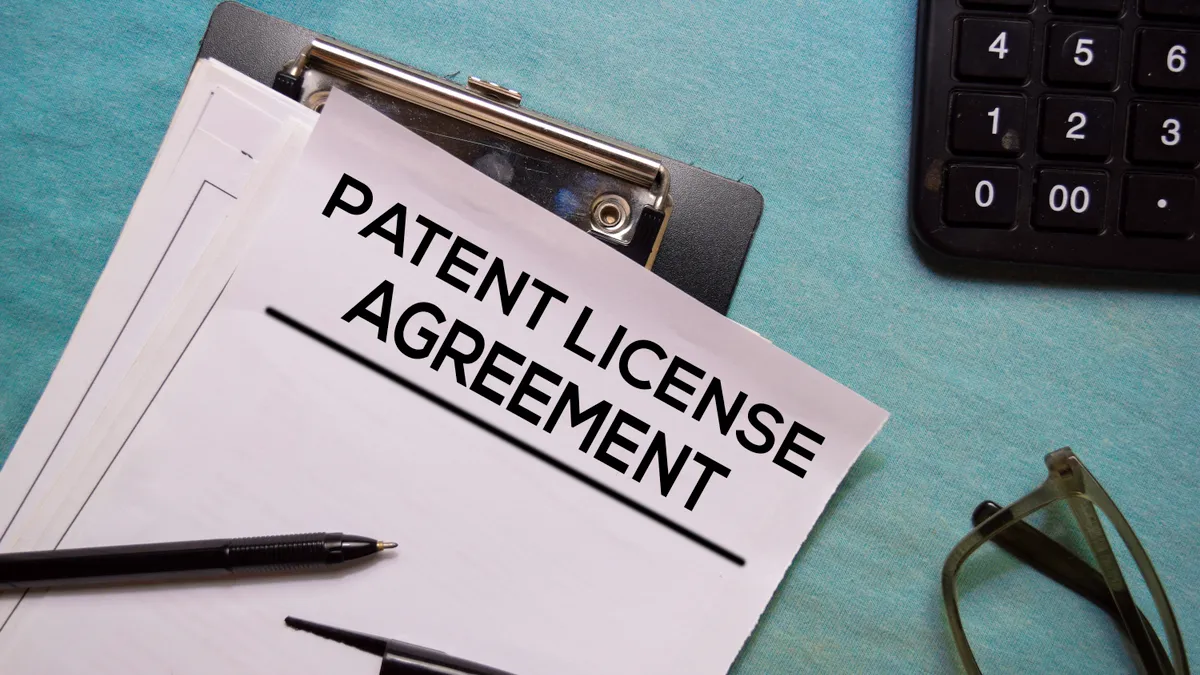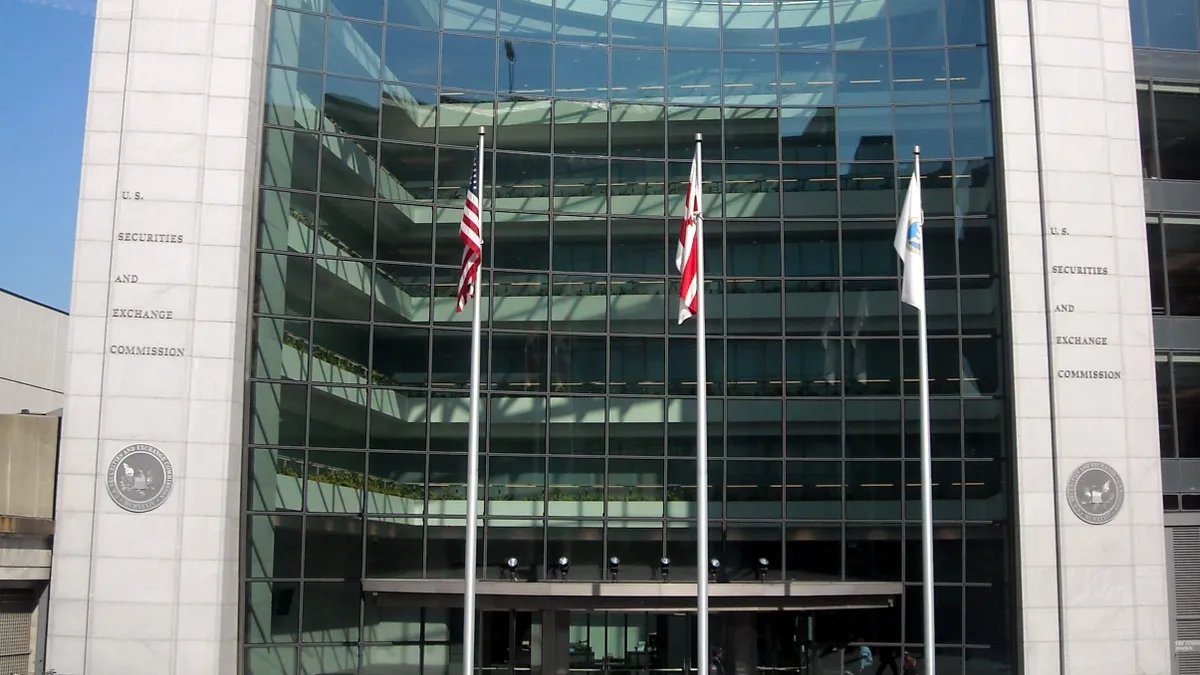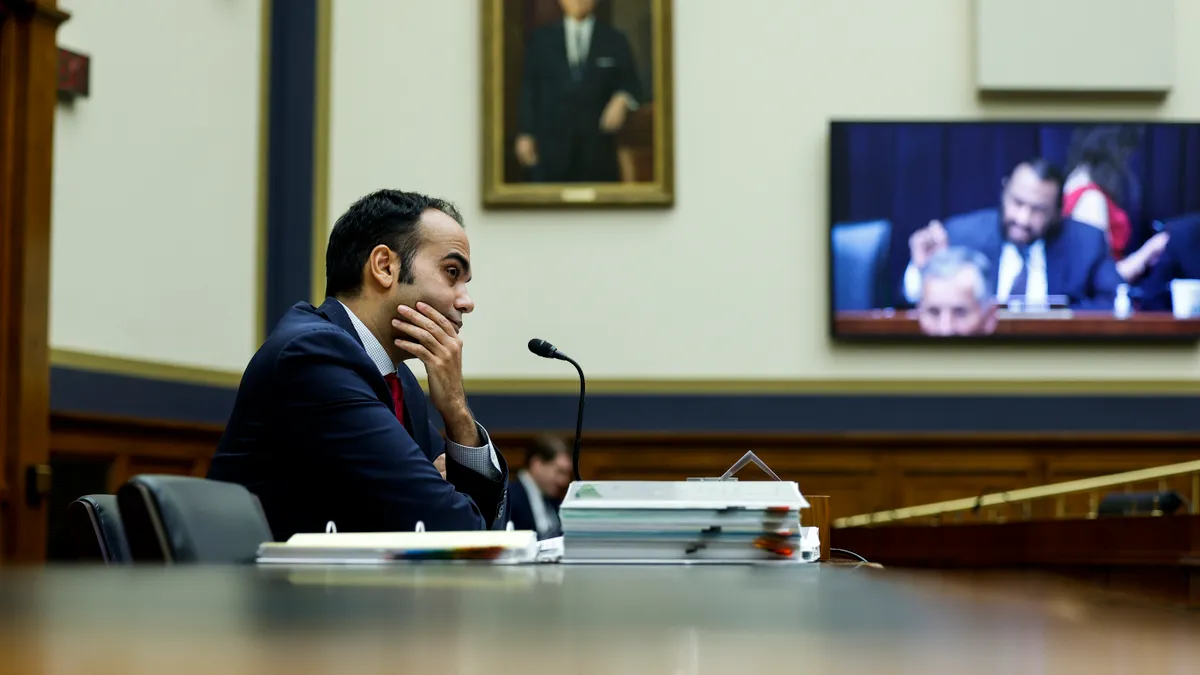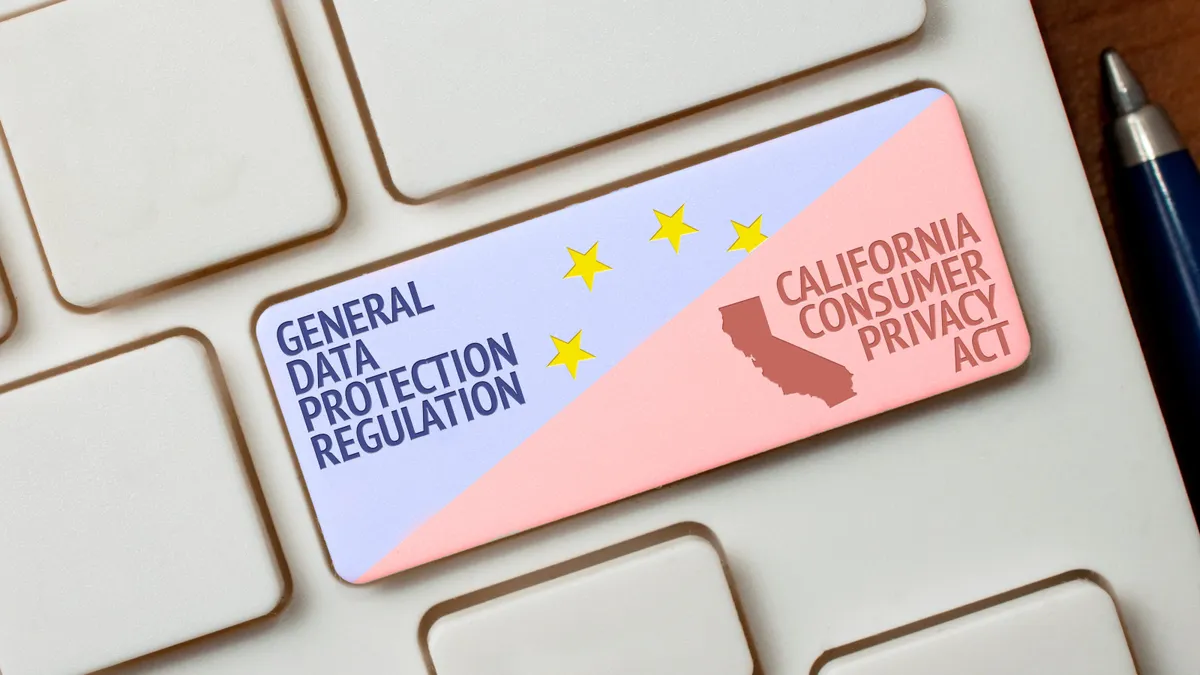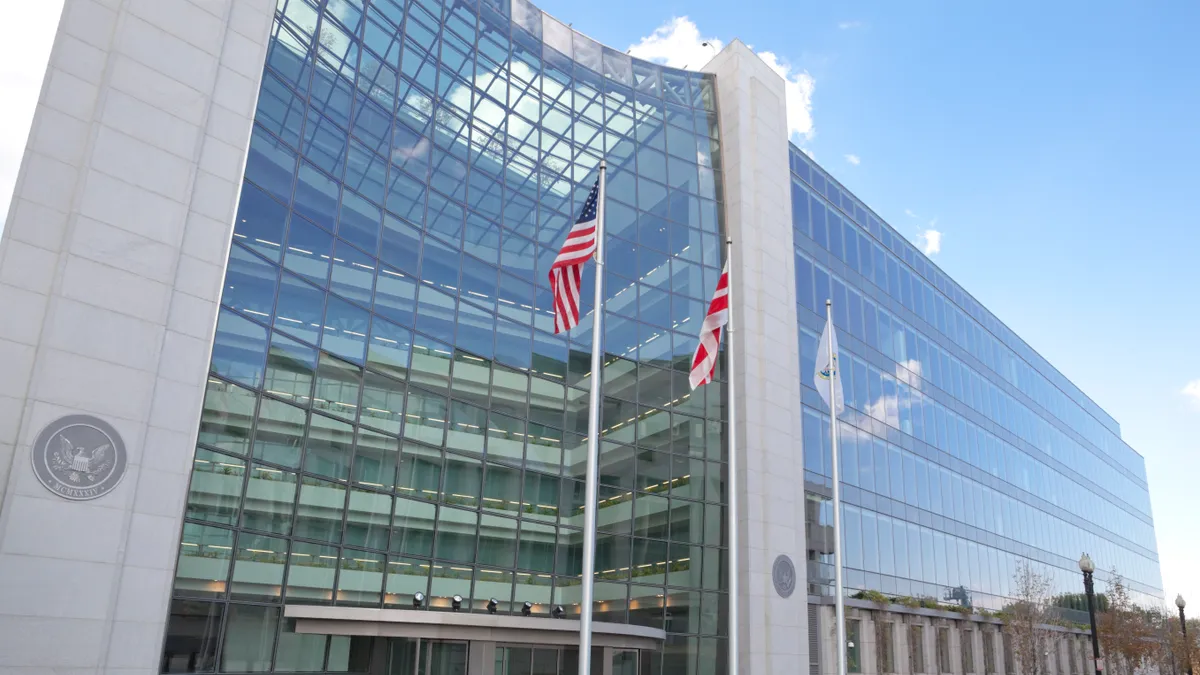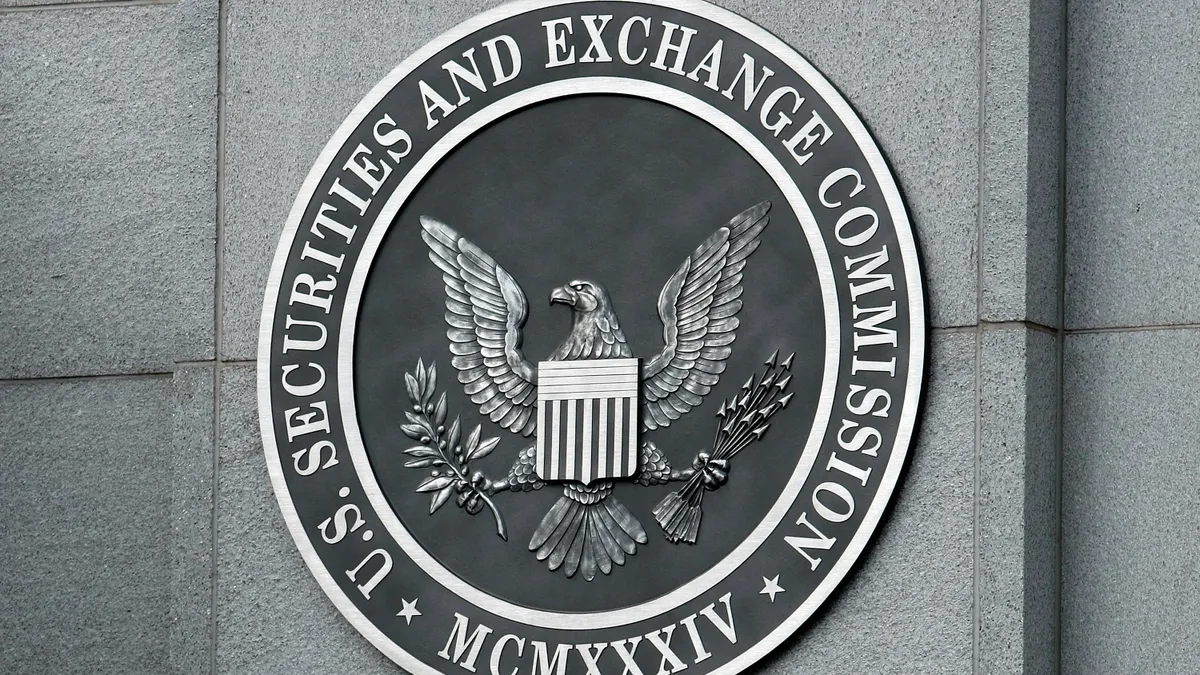Companies whose patented technology is considered essential in standards for shared applications that are used widely by other companies will face a harder time getting injunctive relief if they feel their technology is being used without appropriate compensation.
The U.S. Patent and Trademark Office joined with the antitrust division of the Department of Justice and the National Institute of Standards and Technology this week to roll back a 2019 Trump administration policy that made it easier for companies to use injunctions against what they feel are unfair uses of their technology.
“The withdrawal of the 2019 Statement will strengthen the ability of U.S. companies to engage and influence international standards that are essential to our nation’s technology leadership,” Laurie Locascio, director of NIST, said in a statement.
That Trump administration policy was itself a rollback of a 2013 policy on the use of injunctions, among other things.
As a result of the latest rollback, the 2013 policy and its curb on the use of injunctions takes effect again, so companies that feel their patented technology is being used in an unfair way will once again have to rely mainly on monetary damages for relief.
“Monetary remedies will usually be adequate to fully compensate a [patent] holder for infringement,” the agencies say in the revised policy.
Bad for innovation
Supporters of the policy shift, which generally are U.S. and foreign companies that use a lot of standard-setting technologies in their work, say the use of injunctions hurts innovation by discouraging companies from applying technology that’s considered essential in shared applications.
“The use of injunctive relief as a mechanism to intimidate and coerce potential licensees is a form of hold-up that harms the marketplace and incentives to innovate around standards,” a consortium of large technology companies said in joint comments on the policy shift.
Supporters of injunctions, which generally include companies that hold so-called standard-essential patents, many of them smaller U.S. companies, say the ability to stop a company from using their technology without fair compensation is a crucial tool for them.
“It’s no secret that some entities do not like to pay for the work that others create,” said Robert Stoll, a partner at Faegre Drinker. “Attempts to undermine or weaken American innovation by undercutting strong IP rights … and the tools available to innovators to enforce those rights, including injunctions, will only seek to embolden our adversaries.”
Essential technology
The battle over injunctions is focused only on patents that are considered essential to the standards that govern widely used technology.
USB cable technology is an often-cited example of the importance of standard-setting patents.
For the cables to be widely useful, companies must design their USB applications using agreed-upon standards, otherwise the cables would work for some devices but not others. To give companies an incentive to allow their patented technology to be used in the standards, the U.S. government uses a separate licensing policy for patent enforcement, referred to as FRAND, for “fair, reasonable and non-discriminatory.” The idea is to put technology essential to standards on a different path so companies can use it relatively seamlessly by paying a FRAND licensing fee.
Conflict arises when companies with the essential technology feel they’re being taken advantage of under the FRAND system.
“Innovators [need] to obtain injunctions to stop the use and sale of products infringing on their inventions,” a company called Empire IP said in comments on the policy shift. “The result of this policy would be less innovation in the United States and a further shift in global technological leadership to China and other competitors.”
If injunctions are too heavily used, though, or even if their use is just threatened, it can stifle innovation by discouraging companies from designing products based on the standardized technology.
Canon, the big camera technology company, said the use of injunctions “has been often a potentially important factor when we are implementers,” by which it means the legal maneuver can have a chilling effect when it considers using other companies’ essential technology in its products.
Whatever the broader impact on the competitive landscape from the policy shift, federal prosecutors intend to look for companies that try to game the process now that injunctive relief is once more off the table.
“The [DOJ] Antitrust Division will carefully scrutinize opportunistic conduct by any market player that threatens to stifle competition in violation of the law,” Assistant U.S. Attorney General Jonathan Kanter said in a statement. “I am hopeful our case-by-case approach will encourage good-faith efforts to reach [fairly compensated] licenses.”



